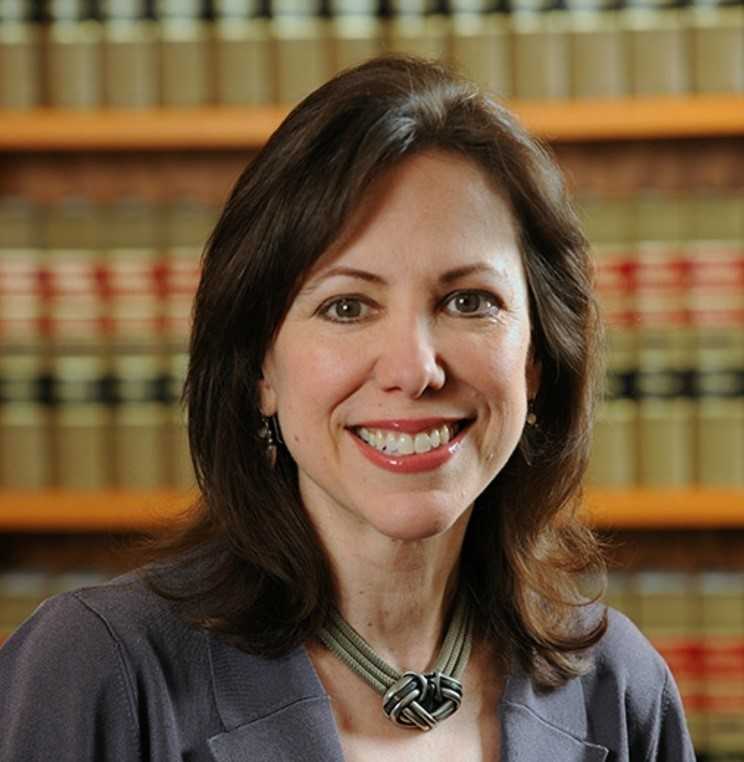
Overcoming Historic Wounds from Civil War is Still Difficult in Bosnia-Herzegovina
The civil war that ensued after the breakup of the former Yugoslavia has had a strong impact on the development of international criminal law since the establishment of the International Criminal Tribunal for the Former Yugoslavia (ICTY). It was hoped that the imposition of individual criminal responsibility would help overcome the trauma of the atrocities that had been committed and pave the way for reconciliation. However, this was not enough. In fact, in spite of historic judgments against some of the responsible war criminals—most of them of the highest military and political ranks—ethnic tensions have soared in Bosnia-Herzegovina in recent years.
In a public hearing on this issue on July 18, 2019 at the U.S. Congress, AUWCL Professor Diane Orentlicher analyzed the reasons for the resurgence of ethnic tensions, as well as what might be done against that.
As a major explanation of this resurgence, she singled out the fact that in Bosnia an increasing amount of people, including political leaders, have started to deny all or part of the historic past, specifically the grave and systematic violations of human rights. She identified five circumstances where the denial becomes apparent: (1) outright factual denial by government leaders, political elites, and ordinary citizens that members of their own ethnic group committed atrocities against members of other ethnic groups; (2) minimization of the extent of those atrocities, such as when Serb elites acknowledge that Bosnian Serbs killed a large number of Muslims in Srebrenica but insist that number has been vastly exaggerated; (3) justifying atrocities committed by one’s in-group by, for example, characterizing genocidal crimes as acts of self-defense; (4) celebrating convicted war criminals belonging to one’s own ethnic group as heroes; and (5) practicing silence about atrocities so grave as to demand recognition and redress.
In particular, Professor Orentlicher made reference to the problems arising out of lack or minimization of acknowledgement.
Professor Orentlicher believes that Bosnia cannot become unified in any meaningful sense until public officials and other elites, as well as ordinary citizens, acknowledge the full extent of atrocities committed by members of their in-group and unequivocally condemn their crimes. In spite of some relevant moments in the past where officials recognized the atrocities committed during the civil war, these have been betrayed by subsequent denialism.
A dramatic example involves the Srebrenica genocide, which was committed 24 years ago. In 2004, a commission established in Bosnia’s predominantly Serb entity, Republika Srpska (RS), issued a report identifying almost 8,000 victims of Srebrenica as well as dozens of previously unknown mass graves. Soon after, the RS president, Dragan ?avi?, acknowledged the extent of the massacre and condemned it unequivocally in a televised message, ratified by an RS government-issued apology.
But this fragile achievement was soon undermined by extreme nationalist rhetoric, and ethnic narratives about the 1990s conflict have once again radically diverged. Last August, the RS parliament annulled the 1994 report and established a new commission to revisit the question of what happened in Srebrenica.
Professor Orentlicher concluded that social divisions rooted in historic wrongs cannot be mended without a honest reckoning, including the acknowledgment and condemnation of the original wrongs and a determination to address their terrible legacies. This acknowledgement and condemnation has to be done carefully to avoid any backlash. The existent social science research is a useful tool to understand the various measures that could be taken to approach the acknowledgment. Prior examples of initiatives to reunite people could also guide the development of policies to enhance the dialogue between ethnic communities in Bosnia-Herzegovina. In addition, the media plays an important role in communicating the various aspects of past atrocities. Knowledge about the past often serves to heal the wounds of the present. In sum, effective measures of healing social rifts rooted in mass violations of human dignity are demanding. There are no easy fixes, but there are wise ones.